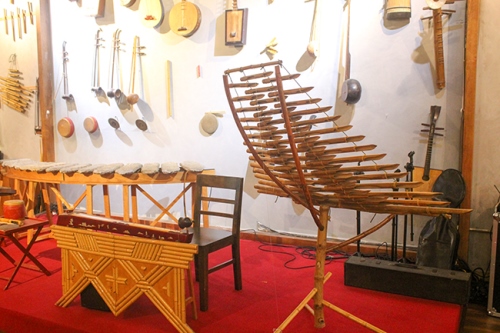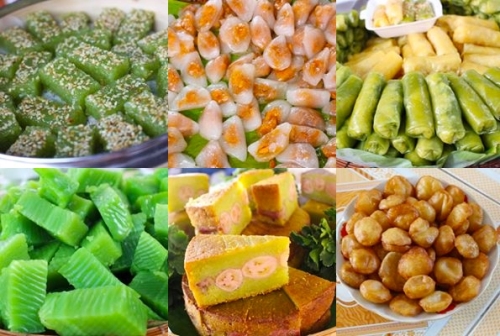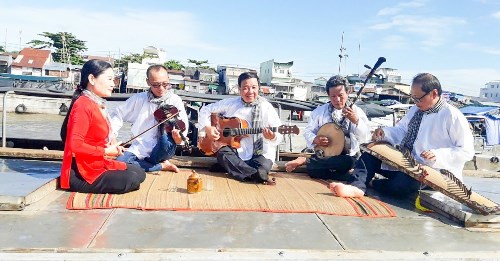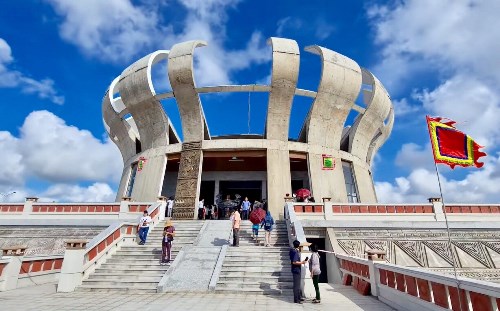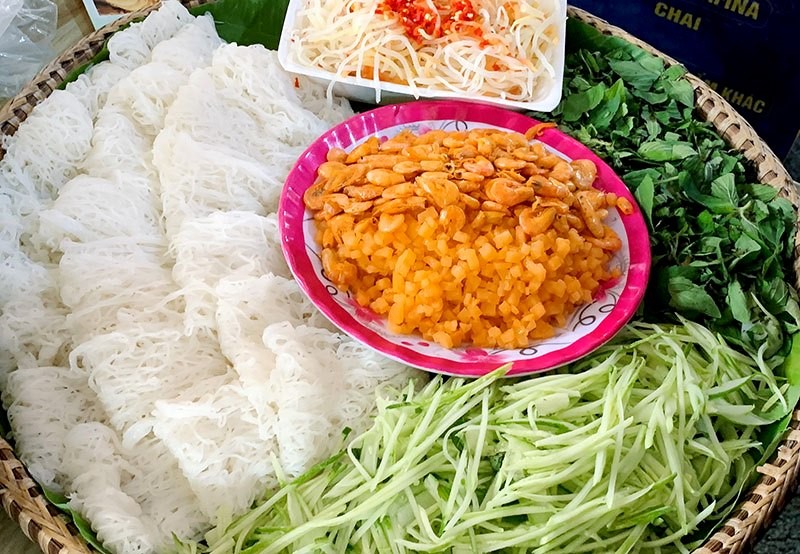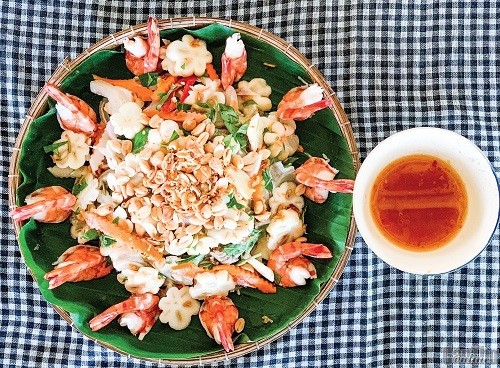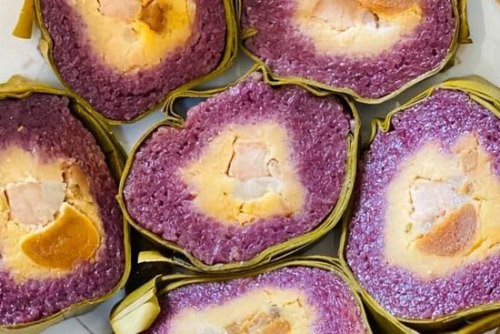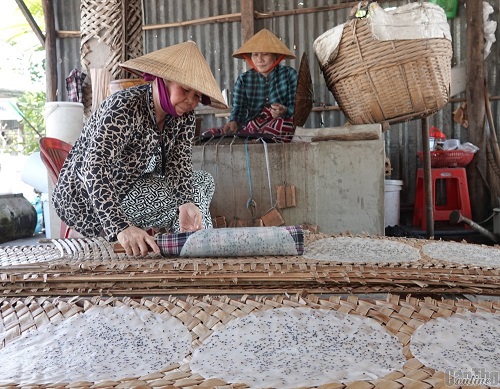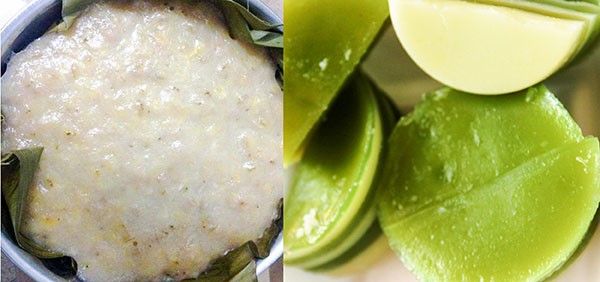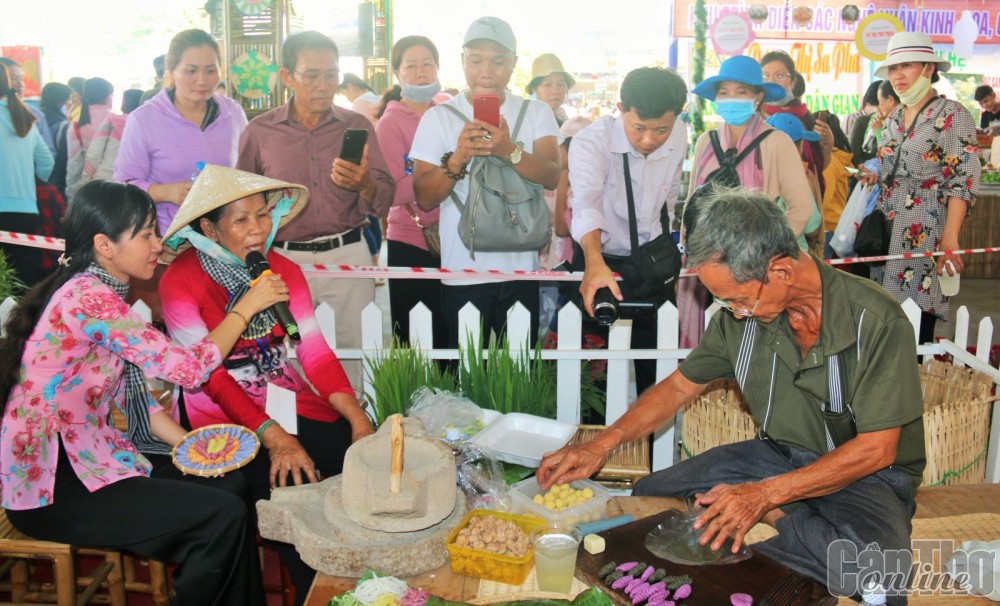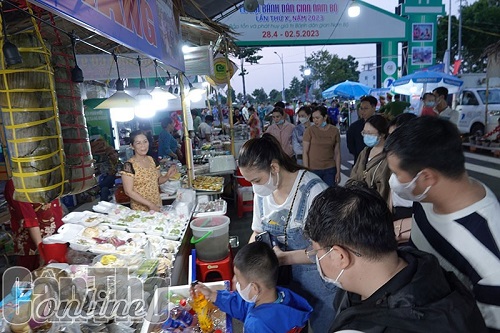
Culinary tourism is also viewed as a type of tourism that can generate numerous positive values for relevant groups, such as contributing to improving market quality, enhancing economic efficiency across the value chain, providing a unique competitive advantage to destinations, and increasing the attention and economic development of local communities.
Increased Spending by Tourists.
According to estimates from the World Food Travel Association (WFTA), international tourists allocate approximately 25% of their travel budget to expenses related to food and beverages during their journeys. This figure can rise to 35% in expensive destinations and drop to as low as 15% in more affordable ones. Food tourism enthusiasts are also confirmed to be willing to spend more than the average 25% of regular tourists.
Furthermore, according to the WFTA, up to 81% of international tourists have the desire to explore local culinary values when they arrive at a new destination. Similarly, the majority of tourists believe that discovering local cuisine is the best way to understand the value of indigenous culture. Research also indicates that the majority of travelers (82%) tend to spend more on food while traveling compared to when they are at home.
However, unlike traditional forms of tourism, culinary tourism focuses on local origin culinary experiences rather than mere sightseeing. According to the WFTA, culinary tourists tend to seek out local culinary experiences that allow them to grasp the cultural stories behind indigenous food through interactive activities such as cooking classes, specialized food tours, visits to local markets, exploration of craft villages, interaction with culinary artisans, and, notably, the desire to be introduced to the rich traditional stories and values behind each dish.
Experience from developed culinary tourism destinations around the world shows that delicious dishes can satisfy tourists in terms of the destination's service quality. However, an enticing culinary experience can make tourists willing to spend more and stay longer to engage in experiential activities that explore the culinary stories at the destination.
Vietnam Accelerating.
Vietnam possesses a culinary cultural heritage that has been cultivated over thousands of years, captivating many foreign visitors when they come to our country. Dozens of famous Vietnamese dishes such as pho, bun cha, and banh mi have been honored by reputable international organizations, food magazines, and global media channels. Each region's cuisine in Vietnam has its own unique, diverse, harmonious, and refined characteristics, making it easy to enjoy and containing a high level of culinary artistry.
Vietnamese cuisine has also officially been recognized on the global culinary map, attracting a host of top chefs who come to our country to experience and, in turn, voluntarily bridge the gap to spread the essence of Vietnamese culture beyond borders.
In recent times, culinary culture has been effectively exploited in tourism business activities in Vietnam, especially in indigenous cultural experiential tourism programs.
The World Travel Awards (WTA) in 2019 and 2020 voted Vietnam as the "leading culinary destination in Asia". Readers of The Travel (Canada) magazine ranked Vietnam 5th in the list of the world's top 10 countries with the most attractive cuisine. In early 2023, Travel+Leisure (USA) also named Vietnam as the "most enticing culinary destination in Asia."
|
In Vietnam, major cities like Hanoi, Hue, and Ho Chi Minh City represent the cuisine of the three regions of the country. Particularly in Can Tho City, cuisine has become a distinctive feature in the exploration journeys of many domestic and international tourists because it embodies the uniqueness of the diverse and abundant culinary culture of the hospitable and friendly people of the Mekong Delta. |
In the Vietnam Tourism Development Strategy until 2030, which was approved in 2020, the government outlined solutions for developing tourism products, emphasizing the need to leverage the diverse and unique culinary strengths of different regions to create distinctive and competitive tourism products, contributing to building a prominent brand for Vietnamese tourism.
In line with this spirit, in July 2023, the Vietnam National Authority of Tourism collaborated with Nestlé Vietnam Limited Liability Company to announce a strategic cooperation agreement to promote Vietnamese tourism, cuisine, and culture through the project: "Innovating Myriad Ingredients, Creating Millions of Vietnamese Dishes." This program aims to honor the diverse cultural and culinary values of Vietnam through the story of transforming local ingredients into millions of dishes nationwide, as a source of national pride. The program also encourages tourists to experience the cuisine, learn about local culture, and contribute to promoting culinary tourism as a strategic product of Vietnam, thereby creating a diverse "culinary map" and establishing local culinary communities in provinces and cities throughout the country.
Elevating the Culinary Value.
Currently, many localities frequently organize culinary festivals or culinary weeks with various flavors. However, the development of culinary tourism and the exploration of Vietnam's culinary experiential tourism trend still remain somewhat limited, primarily serving local residents and attracting very few domestic or international tourists for exploration and enjoyment.
In this context, Ho Chi Minh City is seen as a pioneer in elevating Vietnamese cuisine to new heights and becoming a representative, new tourism product. With the goal of serving and introducing a wide range of local specialties not only to the people of Ho Chi Minh City but also to tourists from all regions of the country and international visitors, events such as tourism festivals, culinary festivals, culinary fairs, and culinary weeks have been continuously held in amusement parks, parks, and conference centers. Additionally, street food in Ho Chi Minh City is also considered a unique and distinctive product.
A noteworthy event occurred in early June 2023 when the prestigious global culinary guide, Michelin Guide, honored 103 restaurants/food stalls in Vietnam. Among them, four received coveted Michelin stars, 70 were selected for recommendation, and 29 offered affordable dining options. Michelin Guide also announced a list of outstanding restaurants and chefs in Vietnam. This event is considered a significant milestone in placing Vietnamese cuisine and tourism on the international map. Existing for over a century, Michelin Guide is often referred to as the "culinary bible" because it embodies core values, transforming dining into a sophisticated pastime, an experiential journey beginning with intricacy, refinement, strict standards, and concluding with satisfaction and contentment.
The presence of Michelin Guide is expected to be the solution to the spread of Vietnamese cuisine, an opportunity for Vietnamese cuisine to establish new, strict, intricate, and refined standards. This journey necessitates Vietnamese cuisine to return to its core values, with quality as the foremost priority.
Source: Can Tho News - Translated by Hoang Dat





